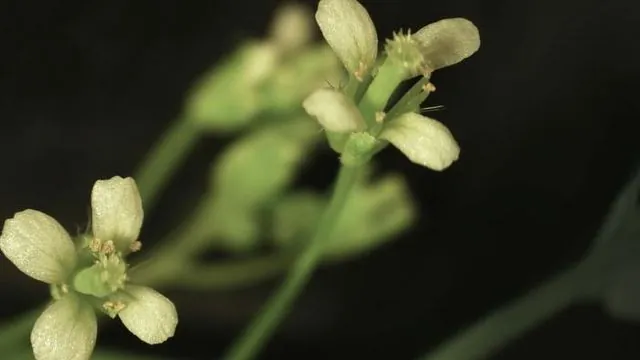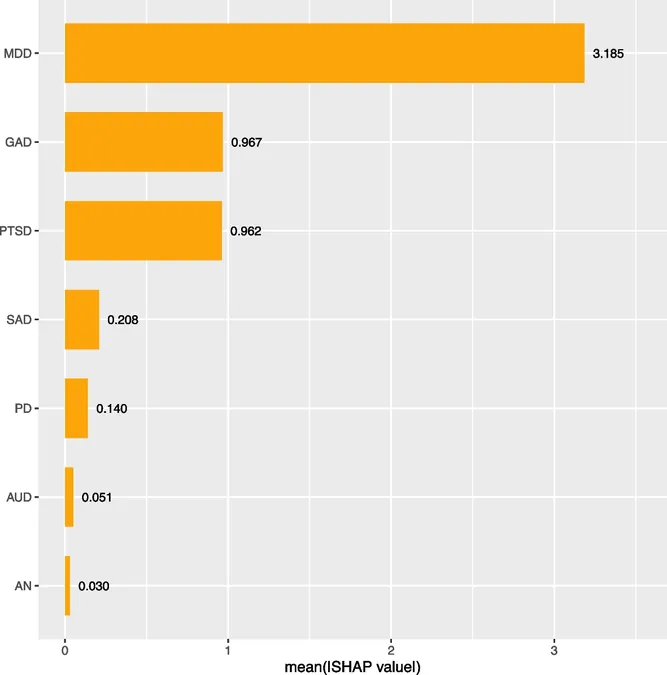
Revolutionary Discovery Unveils Plants' Hidden Backup for Chromosome Stability!
2024-10-03
Author: Siti
Key Insights from the Research:
Transposons and RNA Interference Unite: The study found that Arabidopsis thaliana can leverage transposons, which are segments of DNA that can move around in the genome, to compensate for the loss of DDM1. This crucial adaptation helps maintain chromosome stability during cell division.
Transposons: The Unsung Heroes: The vital role of transposons in regulating centromere function was spotlighted, emphasizing their significance for precise chromosome division—an essential process for plant reproduction.
Potential Implications for Human Health: The insights gathered from this plant research could have profound implications, paving the way for innovative treatments for genetic disorders in humans, particularly those associated with uneven centromere division, such as ICF syndrome and even certain cancers.
Maintaining a flourishing garden is an immense task, especially when considering the intricate genetic processes that allow plants to accurately pass their genetic material to the next generation. A minute disruption in these processes can wreak havoc. This research highlights the fascinating backup strategies that plants have evolved to ensure their survival.
Professor Rob Martienssen, one of the lead researchers at Cold Spring Harbor Laboratory, noted, "Each time a cell divides, chromosomes must be accurately partitioned. In plants, centromeres, which are essential for this process, depend heavily on the DDM1 protein." Martienssen, alongside his colleague Tetsuji Kakutani, originally identified DDM1 back in 1993. Their recent collaboration focused on why Arabidopsis seems resilient despite the absence of DDM1—a stark contrast to what is observed in humans.
After years of investigation, the team linked the lack of DDM1 functionality in plants to the action of small RNAs, discovered to regulate centromere function in yeast around a decade ago. This finding prompted the researchers to delve into the effects of disrupting both DDM1 and RNA interference in Arabidopsis, leading to catastrophic results for the plant’s health.
As they probed deeper, the researchers pinpointed a specific transposon residing within chromosome 5 that was key to these issues. Transposons are known for their ability to toggle gene expression, and in this case, they activated pathways to help centromeres segregate during cell division. However, the disruption of DDM1 and RNA interference caused a breakdown in this vital process.
Martienssen recounted, "We found a surprising abundance of this transposon within chromosome 5, which directed our next steps. We then created specific molecules called short hairpin RNAs that could target and regulate these transposons."
The results were nothing short of remarkable. These engineered small RNAs compensated for the absence of DDM1, facilitating the restoration of centromere function and leading the plants back to fertility, allowing them to produce seeds successfully.
This breakthrough has far-reaching implications beyond botany. Uneven centromere division in humans can result in serious genetic disorders and has been associated with cancer progression. Martienssen expressed hope that their research could one day contribute to developing better treatments for these conditions.
With the foundation they have laid, the future of both plant and human genetic research looks promising. Could we be witnessing the dawn of a new era in medical treatments inspired by plant resilience? Only time will tell!



 Brasil (PT)
Brasil (PT)
 Canada (EN)
Canada (EN)
 Chile (ES)
Chile (ES)
 España (ES)
España (ES)
 France (FR)
France (FR)
 Hong Kong (EN)
Hong Kong (EN)
 Italia (IT)
Italia (IT)
 日本 (JA)
日本 (JA)
 Magyarország (HU)
Magyarország (HU)
 Norge (NO)
Norge (NO)
 Polska (PL)
Polska (PL)
 Schweiz (DE)
Schweiz (DE)
 Singapore (EN)
Singapore (EN)
 Sverige (SV)
Sverige (SV)
 Suomi (FI)
Suomi (FI)
 Türkiye (TR)
Türkiye (TR)